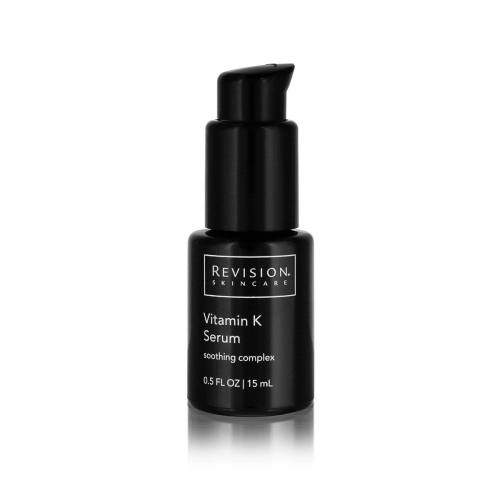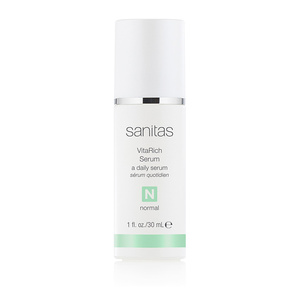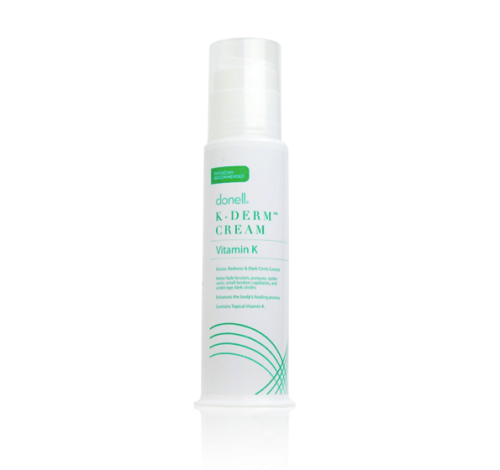Welp, Turns Out That Spicy Food Has an Impact on Your Skin
"How can you tell?" I asked esthetician Dovile Nisonova at Brooklyn's new Rob Peetoom Salon. "You have broken capillaries around your nose," she told me, much to my utter dismay. So, uh—is a spicy food habit taking a toll on your healthy complexion?
"Although spicy foods are not a trigger for everyone, some people have a sensitivity to this type of food—among others—that cause an increase in inflammatory chemicals in their skin," explains Rachel Nazarian, MD, a board-certified dermatologist with Schweiger Dermatology Group. "This pathway causes the blood vessels in their skin to dilate, makes their skin flush and turn red, and can cause broken capillaries with repeated exposure." She notes that it essentially falls under a category of sensitive skin that's diagnosed as rosacea.
If you think about it, spicy food generates heat (obviously)—so it kinda makes sense that it can lead to redness or inflammation via dilated blood vessels. So what can you do? "I recommend avoidance of triggers, so unfortunately those spicy foods should be saved for special occasions," says Dr. Nazarian, who adds that many people have similar reactions to caffeine, alcohol, and hot temperatures as well.
{{post.sponsorText}}
But, if you're like me, you may not be so inclined to give up the hot sauce (insert heart-eye emoji). Thankfully, Dr. Nazarian says that "topical vitamin K serums are useful for strengthening blood vessels and decreases chances of breakage, and some topical medications and prescriptions can decrease the redness and inflammation in your skin." BRB as I stock up on vitamin K beauty products and then Seamless some spicy noodles (sorry, skin). Regardless, this is good to know.
On the other end of the spectrum, you can try an anti-inflammatory diet, created by Dr. Perricone. And this is the ultimate anti-inflammatory meal that you can eat. (It's not spicy.)
Loading More Posts...


